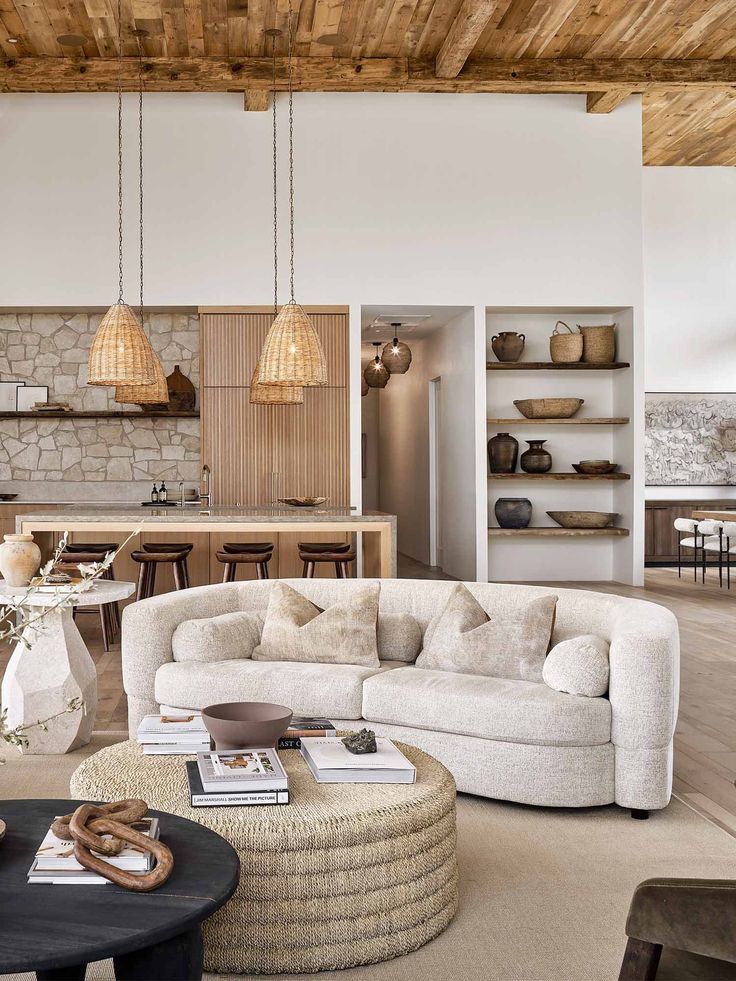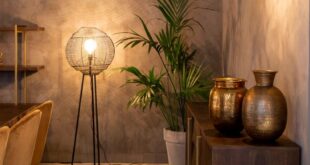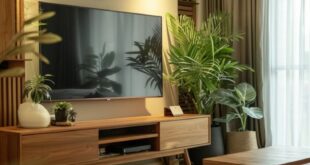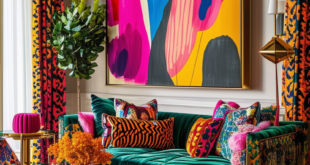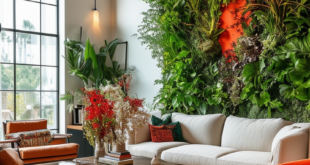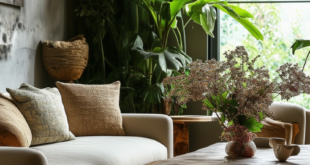Welcome to the world of interior design, where every room tells a story and transforms your house into a true home. Whether you’re a seasoned decor enthusiast or just embarking on your design journey, our list of “” is here to help you awaken your creativity and elevate your living space. From mastering color palettes to understanding spatial harmony, each tip is designed to inspire and empower you to make informed decisions. Get ready to unlock the secrets of stylish and functional interiors that reflect your personal taste while maximizing comfort and utility. Dive in and discover how even the smallest changes can make a significant impact in creating a home that feels uniquely yours.
Embrace natural light to enhance your interior design elegance
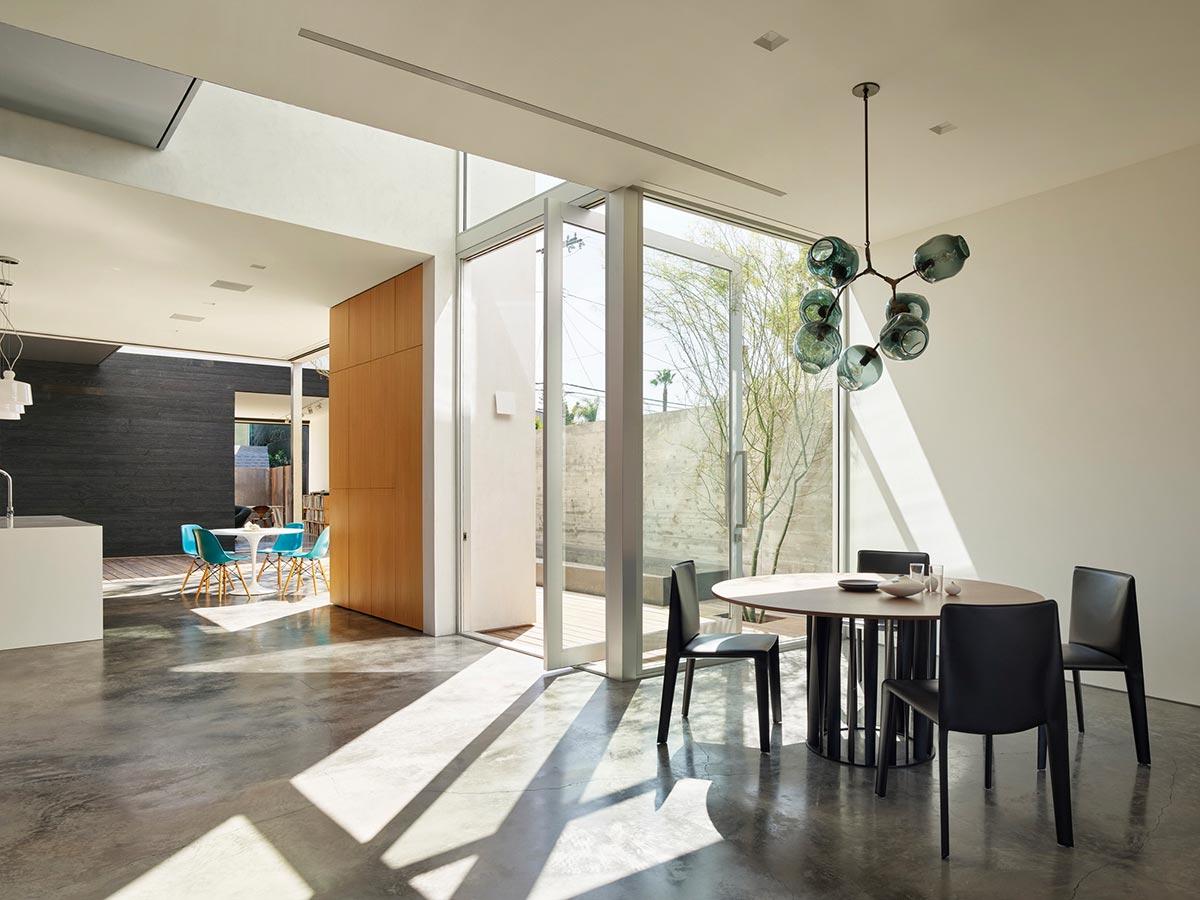
Integrating natural light into your space can dramatically transform it, imbuing your interiors with warmth and an airy feel that artificial lighting often lacks. To maximize the beautiful sunlight that graces your rooms, consider using light-colored walls and reflective surfaces. Shades of soft whites, beige, or pastels can amplify incoming light, making rooms feel both spacious and inviting. Mirrors can also serve as strategic design elements; placing them opposite windows allows light to bounce around the room, creating an illusion of depth and brightness.
In your quest for elegance, opt for sheer window treatments that allow light to filter through while offering a hint of privacy. Layering your window dressings with soft drapes can add a touch of sophistication. Another essential tip is to rearrange your furniture to avoid blocking windows; keeping pathways clear of obstructions encourages light to permeate every nook and cranny of your home. Integrating plants and greenery near windows can further enhance the effect, celebrating not just light but also the beauty of nature. For more ideas on how to bring the outside in, visit houzz.com.
Choose a balanced color palette for cohesive interior design
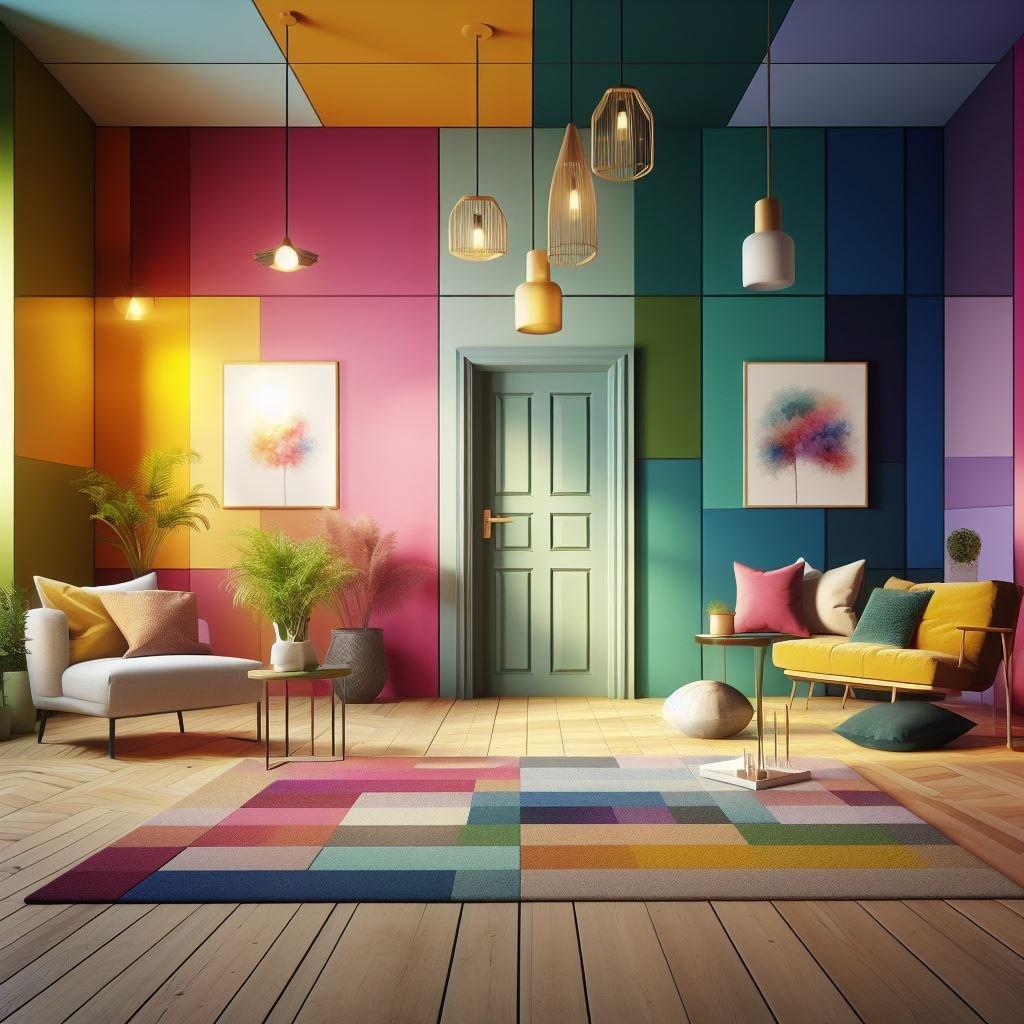
Selecting a balanced color palette is vital in crafting a cohesive and inviting environment in your home. Consider starting with a base color, which will serve as the foundation for the rest of your color choices. This can be a neutral shade like beige, gray, or soft white that allows for flexibility. From there, introduce complementary colors that enhance your base without overwhelming the space. Think about using a combination of warm and cool tones to create depth and interest, playing with hues that evoke a specific mood or highlight architectural features. Neutral palettes can be punctuated with bold accents—like a vibrant piece of art or a statement furniture item—to add visual energy.
Once you’ve established your core selections, consider how they interact in different lighting conditions throughout the day. Using a color wheel can aid in recognizing how certain shades can highlight or dull others. Make sure to include various textures and patterns within your chosen colors to give dimension and life to your design. A great way to test your selected colors is to paint sample swatches on the walls to see how they work together in the actual space, adjusting as needed. For inspiration and expert guidance, websites like bhg.com provide extensive resources on color trends and application techniques.
Use mirrors strategically to amplify space in your interior design
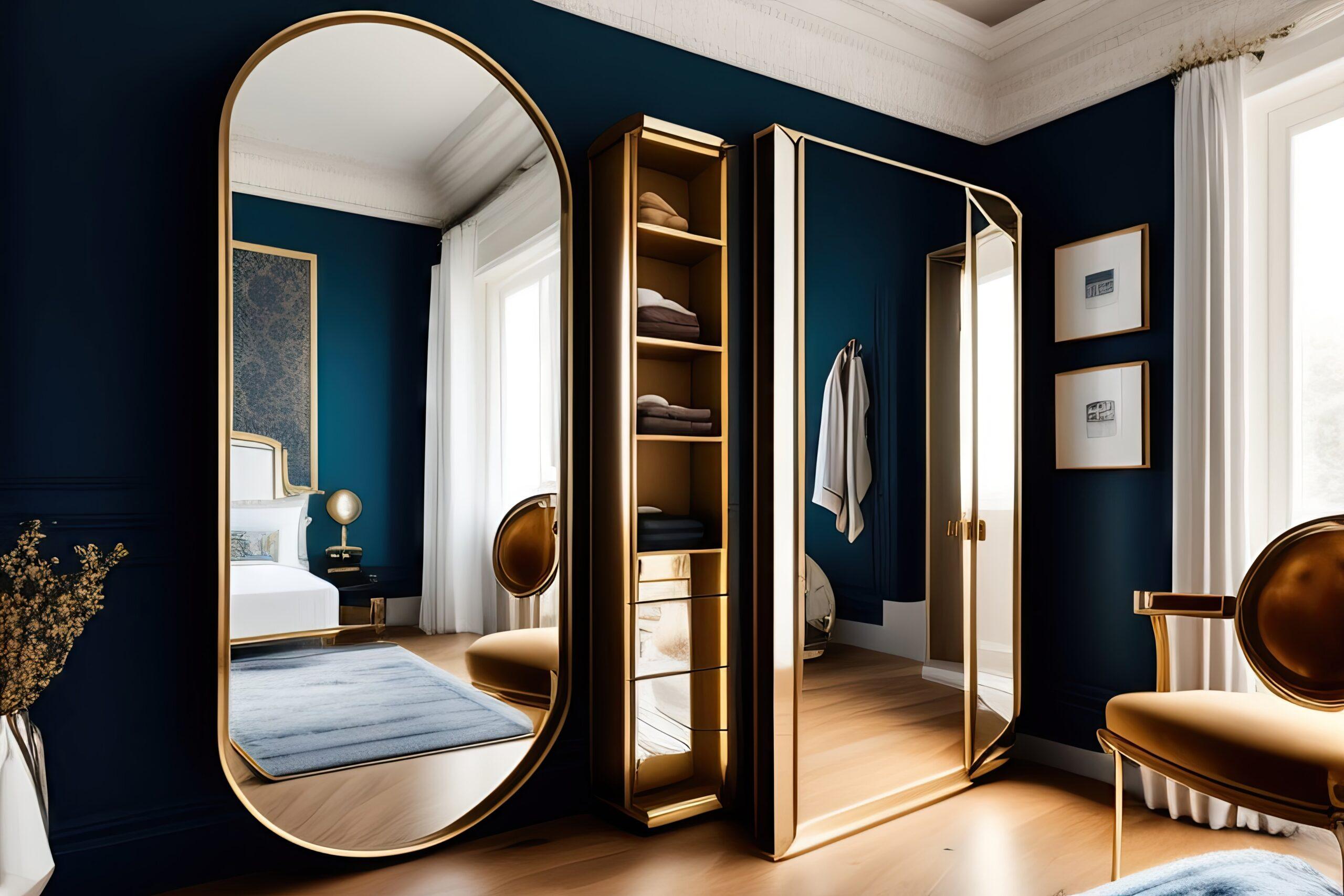
Utilizing mirrors in your space can dramatically change the perception of size and light, making your interiors feel more expansive. When positioned thoughtfully, mirrors can *reflect natural light*, brightening up darker corners of your room and enhancing overall ambiance. Consider using large floor mirrors against a wall or mirrored furniture like side tables to create depth. Not only do these reflective surfaces add a touch of elegance, but they also help *engage the eye*, leading to an illusion of greater space. Here are some ways to make the most of your mirrors:
- Placement is key: Hang mirrors directly across from windows to maximize light reflection.
- Use a gallery wall: Create a dynamic layout with multiple smaller mirrors for added interest.
- Experiment with shapes: Use round or irregularly shaped mirrors to soften the lines in a room.
- Layer with other decor: Combine mirrors with artwork to create a curated look.
When selecting mirrors, consider their frame and finish to ensure they complement your existing decor. A rustic wooden frame can add warmth to a contemporary space, while a sleek metallic finish can elevate a modern aesthetic. Additionally, placing mirrors at different heights impacts visual perspective, encouraging guests to explore every angle of the room. With an array of styles and configurations available, mirrors become not just functional but also pivotal in *styling your home*. For inspiration, check out House Beautiful for unique ideas on mirror usage.
Layer textures to add depth in your interior design
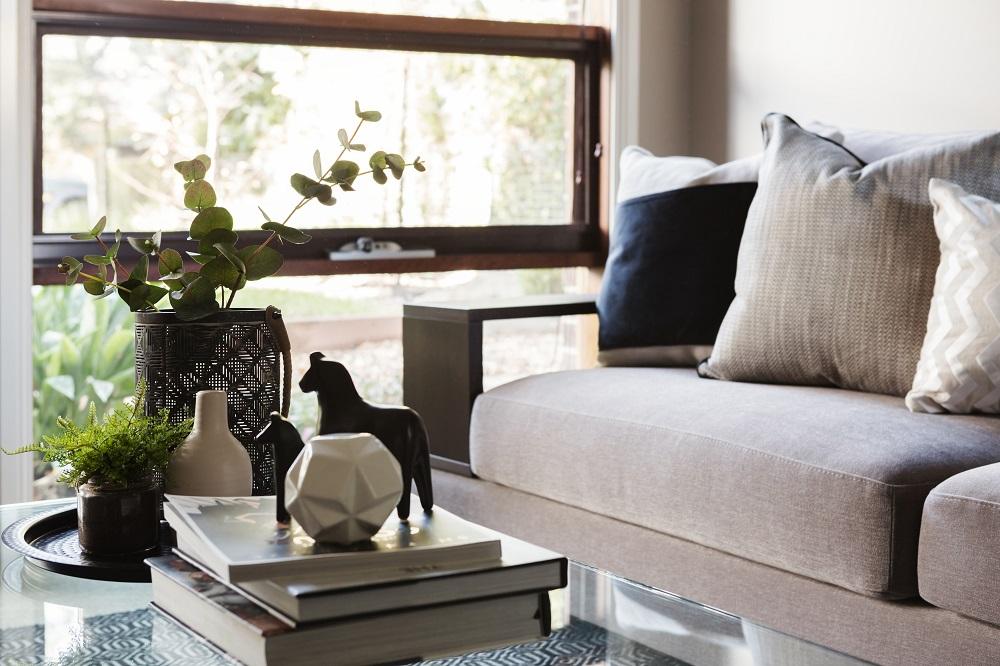
Creating a visually appealing interior isn’t just about selecting a few statement pieces; it’s about expertly blending different textures to evoke warmth and sophistication. Start by layering fabrics, such as combining a plush velvet sofa with crisp cotton or linen throw pillows. Consider adding a knitted throw or a faux fur blanket for that inviting touch. Layering textiles not only enhances comfort but also adds visual interest. Don’t shy away from mixing patterns too; a geometric print paired with floral accents can create a delightful contrast that draws the eye.
To further enrich your space, incorporate natural elements alongside man-made materials. Think of a wooden coffee table surrounded by metal-framed chairs, or a stone centerpiece atop a glass dining table. Natural textures like bamboo, rattan, or wicker can add an organic feel, while metallics bring a modern edge. You might also want to include a variety of surfaces, such as a soft area rug on a polished wood floor, to create depth. All these combinations will not only enrich the look of your interiors but also evoke a sense of coziness and completeness. For more ideas on layering textures, visit Architectural Digest.
Invest in quality furniture for lasting interior design appeal
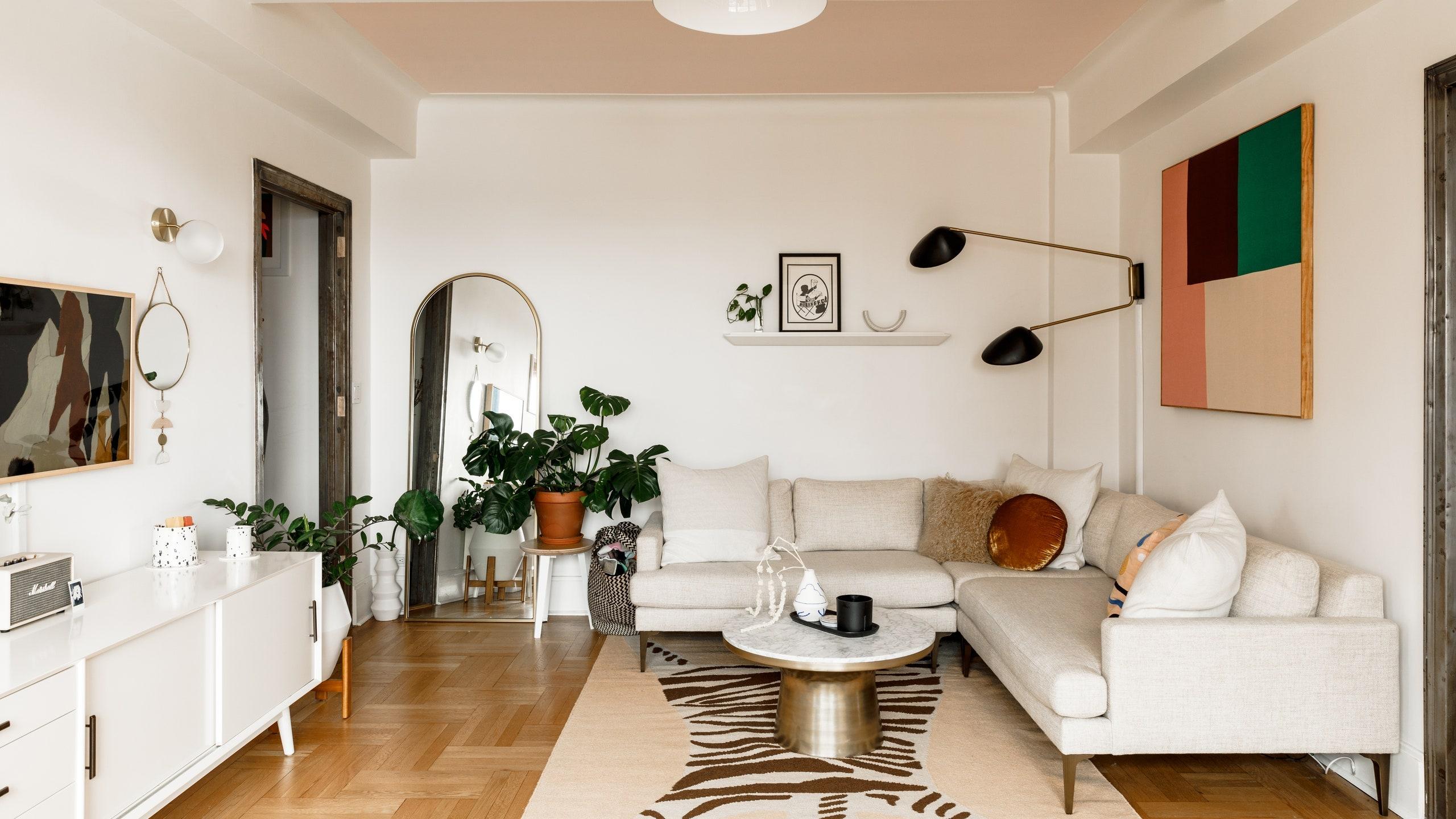
Investing in high-quality furniture is one of the best decisions a homeowner can make for enhancing the aesthetic appeal of their interior space. Not only does quality furniture exude craftsmanship and elegance, but it also offers durability that cheap alternatives simply cannot match. When selecting pieces for your home, consider furniture made from sustainable materials that will stand the test of time and maintain their beauty. Look for items that blend style with function; for instance, a solid wood dining table not only serves as a gathering place but also acts as a statement piece within your home.
When curating your furniture collection, think about the overall harmony of your space. Invest in versatile pieces that can adapt to various functions or styles over time. Items like a sophisticated sectional sofa or a chic coffee table can serve as the foundation for your living area, allowing you to change accents and accessories with ease. Additionally, consider the following factors when choosing quality furniture:
- Material – Opt for hardwoods and natural fabrics.
- Craftsmanship - Pay attention to details, such as stitching and joint construction.
- Versatility – Choose pieces that blend well with various decor styles.
- Comfort – Don’t sacrifice comfort for style; make sure it feels as good as it looks.
| Quality Furniture Brands | Specialty |
|---|---|
| West Elm | Modern & Sustainable |
| Crate & Barrel | Timeless & Elegant |
| Rove Concepts | Mid-Century Inspired |
| Raymour & Flanigan | Affordable & Stylish |
By taking the time to invest in quality furniture, you not only enhance the look of your home but also create an environment that feels inviting and well-crafted. To further educate yourself, explore resources like House Beautiful for inspiration and guidance on valuable furniture investments.
Define spaces with rugs for effective interior design separation
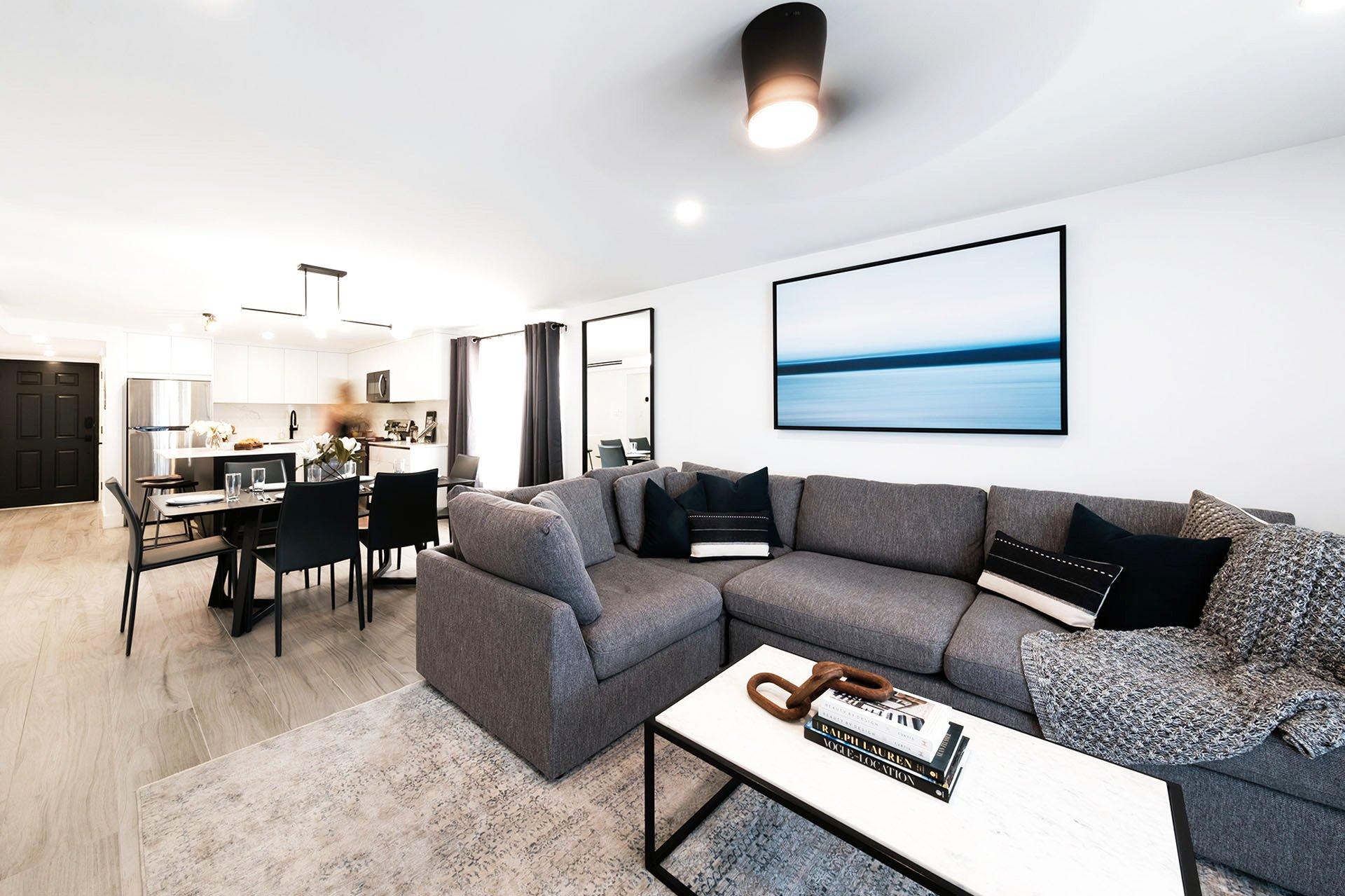
Incorporating rugs into your interior design scheme can create clear boundaries within an open space, enhancing both aesthetics and functionality. By strategically placing rugs, you can visually separate areas, making it easier to delineate spaces such as a cozy reading nook or a lively dining area. To achieve this separation effectively, consider using rugs that complement the color palette and style of each space while also providing enough contrast to distinguish between different activities. For instance, a vibrant, textured rug can anchor a seating area, while a softer, neutral rug can define a workspace. This not only enhances visual appeal but also guides movement throughout the room.
When selecting rugs for this purpose, keep in mind the size, shape, and material that best suits each area. Here are some tips to ensure your rugs work as effective boundary markers:
- Size Matters: Choose a rug that is large enough to fit under furniture, helping to visually connect pieces within the defined space.
- Geometric Shapes: Round or oval rugs can soften harsh lines and create a natural flow, while square or rectangular rugs can provide a more structured feel.
- Layering: Consider layering rugs in a larger space to add depth and texture while still maintaining distinct zones.
To help you visualize the ideal placement, here’s a simple table of recommended rug sizes for different areas:
| Area | Recommended Rug Size |
|---|---|
| Living Room | 8′ x 10′ |
| Dining Room | 6′ x 9′ |
| Bedroom | 9′ x 12′ |
| Home Office | 5′ x 8′ |
For further inspiration on how to use rugs effectively, check out YouTube for design ideas and tutorials.
Incorporate greenery for a fresh touch in interior design
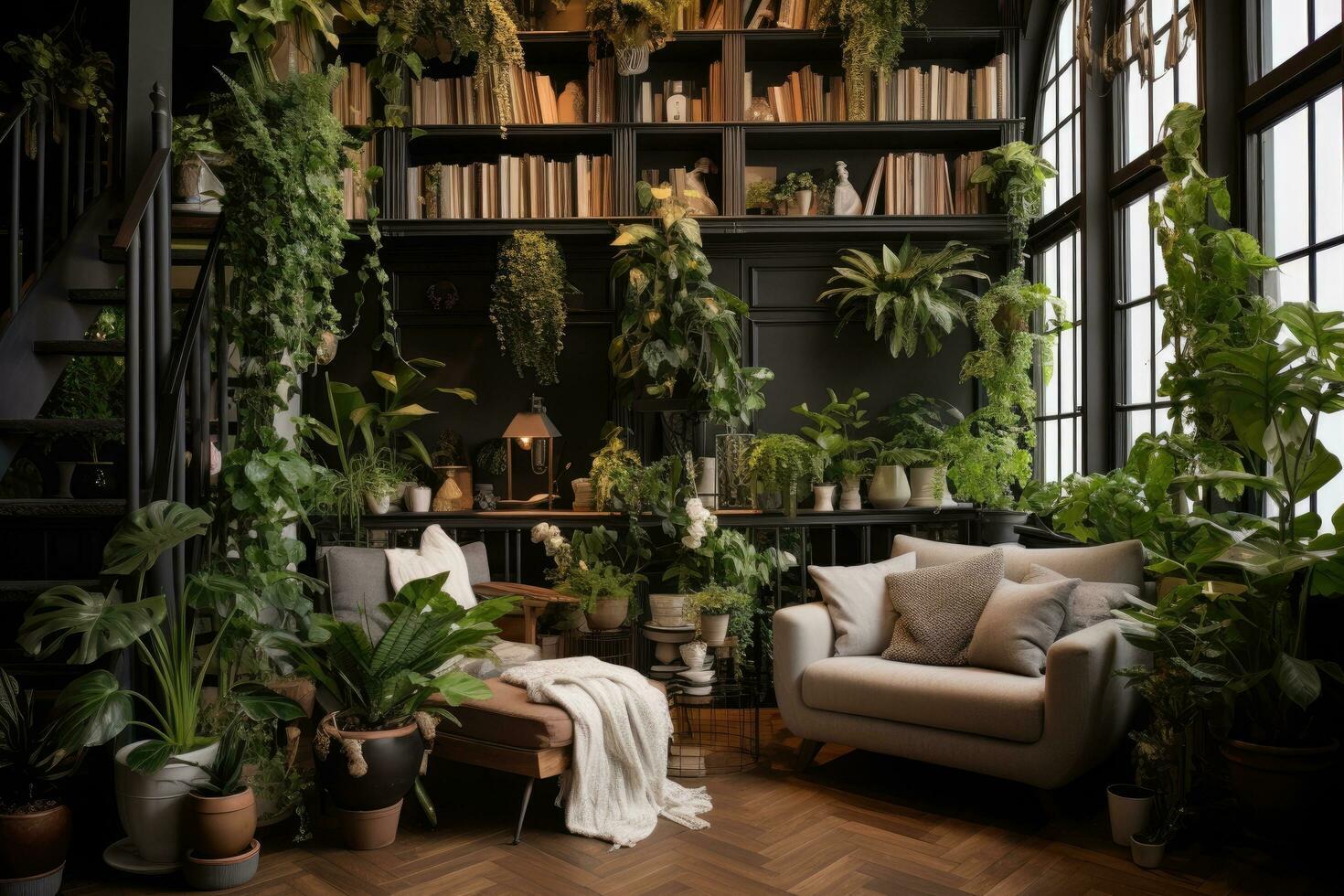
Bringing plants into your living space can completely transform the atmosphere and aesthetic of your home. Houseplants, whether large or small, not only add a splash of color and texture but also create a sense of tranquility and freshness. Consider strategically placing greenery in various areas, such as hanging planters near windows, or floor pots in empty corners. Incorporating a mix of faux and real plants allows for easier maintenance while still enjoying the benefits of vibrant greenery.
Additionally, explore the art of vertical gardening by installing wall-mounted planters or trellises filled with trailing vines or herbs. This approach maximizes space while creating an eye-catching feature. For those looking to enhance the aura further, consider using eco-friendly planters made from natural materials. Ensure to select plants that thrive in your home’s light conditions, and don’t shy away from mixing textures and heights for a dynamic arrangement. Tools like The Spruce offer a wealth of ideas on the best plants for interiors and how to care for them.
Play with scale to create interest in interior design
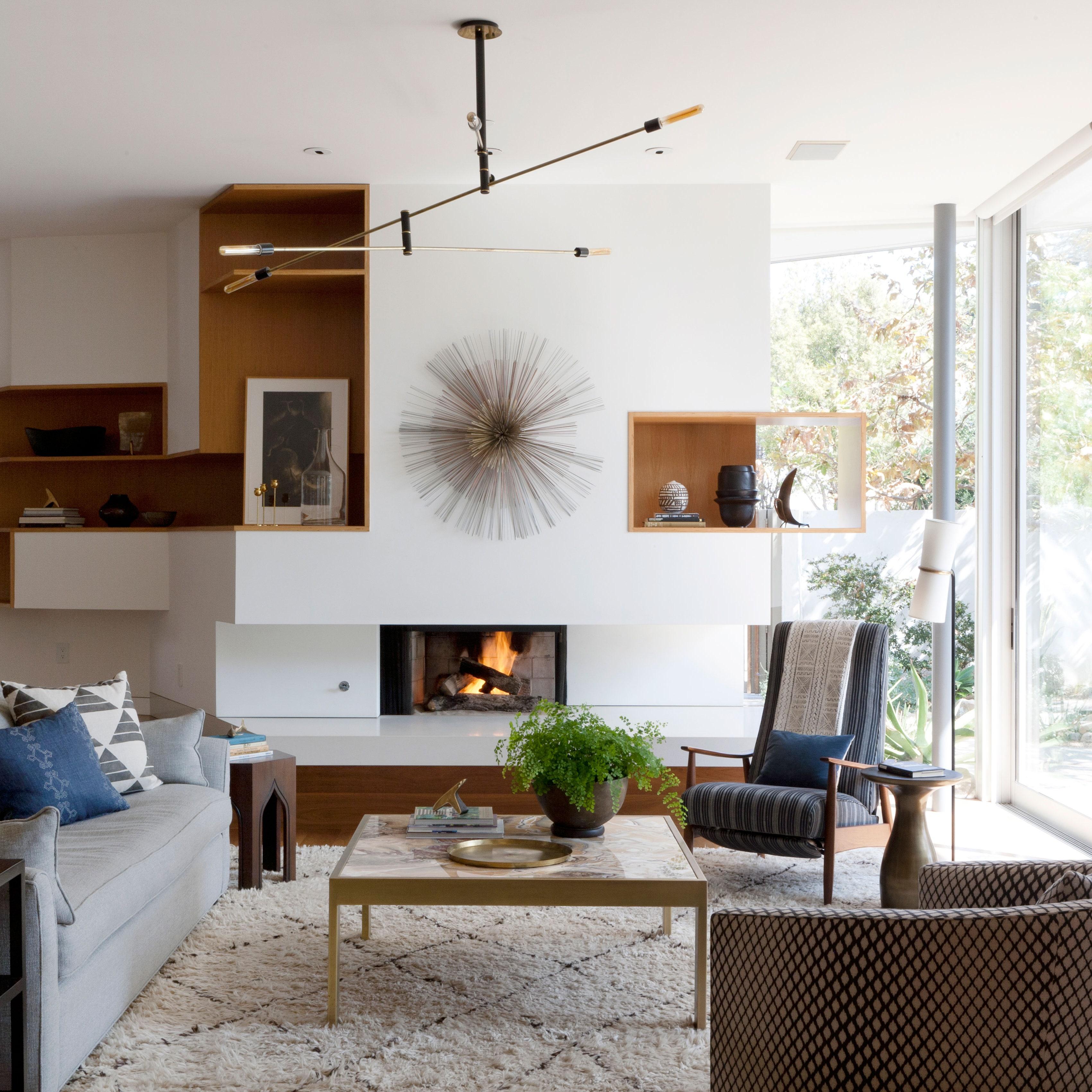
Playing with scale can add profound intrigue to your interior design, transforming ordinary spaces into stunning showcases. To achieve this, consider mixing large and small elements within a room. For instance, pair an oversized armchair with a petite side table, or hang a colossal piece of art above a dainty console table. This delightful contrast not only captures the eye but also draws attention to the unique characteristics of your furniture and decor.
Another effective method is to incorporate varying heights through accessories and furnishings. Think of a dynamic arrangement of shelving that features both tall plants and shorter sculptures, creating a layered effect. A well-placed statement piece, like a towering lamp or sculpture, can become a striking focal point amidst more modest decor. Don’t shy away from experimenting! Utilize unexpected pairings and configurations to discover what resonates with your personal style. For further inspiration, explore the galleries at Architectural Digest.
Personalize your space with meaningful decor in interior design

Transforming your living space into a reflection of your personality can be both exhilarating and fulfilling. Integrating pieces that evoke special memories or showcase your interests is key for creating a warm and inviting atmosphere. Some ideas include:
- Gallery Wall: Curate a collection of family photos, art pieces, or travel memorabilia. A gallery wall can tell your story and serve as a captivating focal point.
- Unique Artifacts: Incorporate unique items that resonate with your heritage or experiences. Objects such as antiques, handmade crafts, or souvenirs can spark conversations and create a sense of nostalgia.
- Personalized Textiles: Use cushions, throws, or rugs featuring colors and patterns that reflect your style. Custom pieces can add an intimate touch to your decor.
Incorporating meaningful decor doesn’t have to be overwhelming; it’s all about balance and the right placements. You can think about:
| Decor Element | Meaning |
|---|---|
| Family Portraits | Celebrates family ties and shared memories. |
| Travel Souvenirs | Reminds you of adventures and experiences. |
| Custom Artwork | Reflects personal taste and encourages creativity. |
Investing in items that resonate with you will make your space not just visually appealing but emotionally satisfying as well. For more inspiration, you can explore resources like apartmenttherapy.com to find tips on selecting and displaying meaningful decor.
Use neutral foundations and add pops of color in interior design
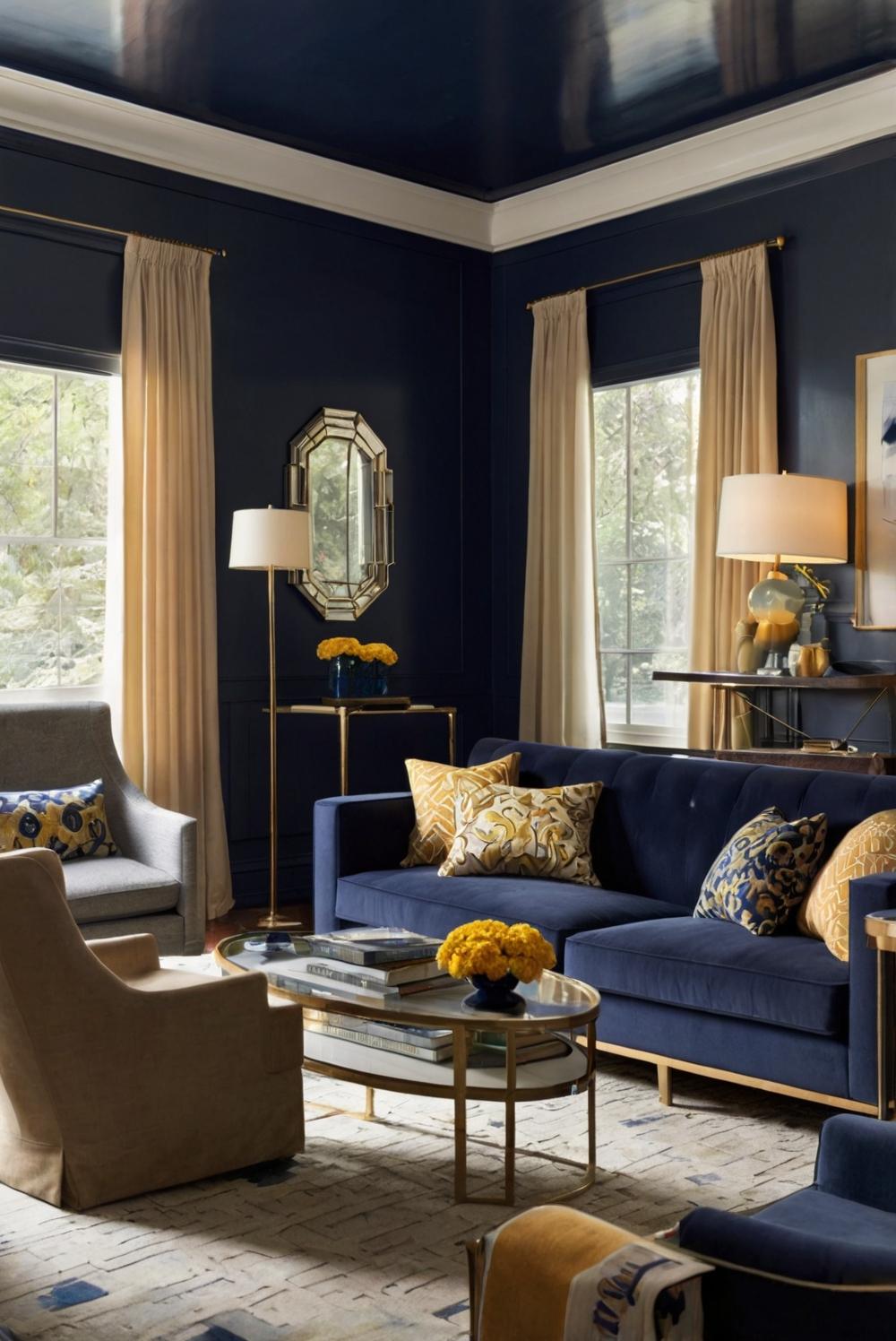
One of the most effective ways to create a strong foundation in your interior design is by using neutral paint colors or finishes for your walls, furniture, and larger decor items. These hues not only provide a timeless backdrop but also allow your space to feel open and calm. By sticking to shades like beige, gray, or soft whites, you give yourself the perfect palette to work with. Once you have a solid, neutral base, you can unleash your creativity with accents that reflect your unique personality.
Incorporating pops of color can transform a subdued space into a vibrant oasis. Consider adding colorful throw pillows, art pieces, or a statement rug to introduce energy and warmth. You can explore various color schemes, from warm tones to cool shades, depending on the mood you want to establish. Light fixtures and accessories like vases, books, or sculptures can also serve as focal points without overwhelming the overall aesthetic. The idea is to balance soft and bold elements harmoniously, creating a visually engaging environment that resonates with your style. For more inspiration, check out Houzz.
Consider functionality alongside beauty in your interior design choices
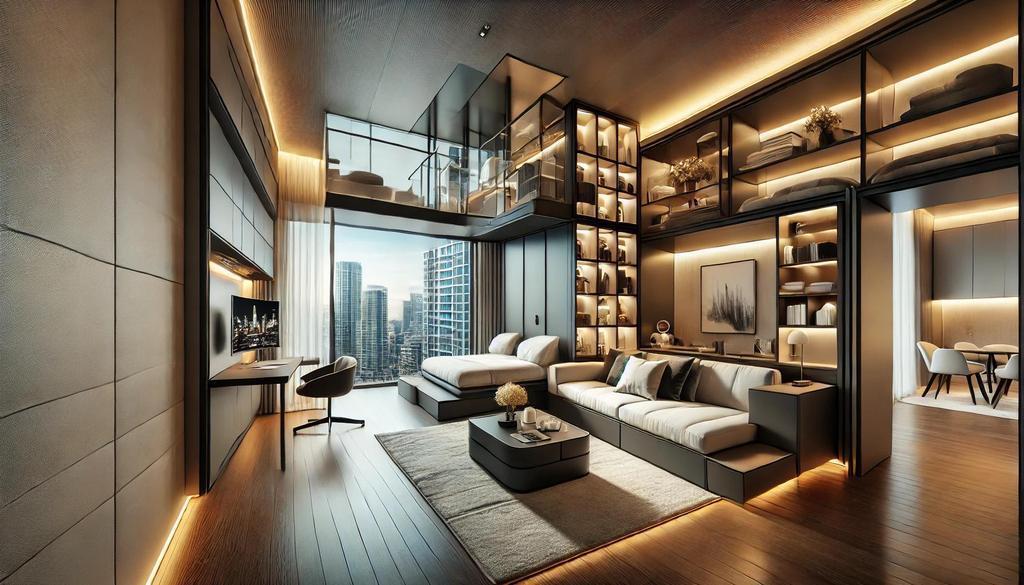
When curating the perfect space, it’s essential to marry aesthetics with practicality. Beautiful designs can capture attention, but if they fail in function, they can quickly lead to frustration. Begin by evaluating each element of a room, ensuring that every piece not only enhances the overall look but also serves a purpose. For example, consider multifunctional furniture, such as a stylish ottoman that doubles as storage, or a sleek coffee table with built-in shelves. These choices help maintain an organized and visually appealing environment while addressing the daily needs of your household.
Additionally, think about the flow of movement within your space. Artfully arranged furniture can elevate a room’s beauty, but poor placement can hinder accessibility. Establish clear pathways and ensure that items are easily reachable. Implementing smart lighting solutions also adds both charm and utility to a design. Layered lighting not only creates ambiance but can also highlight specific features of a room. By striking a balance between visual intrigue and practical application, your design will not only be admired but will also enhance the way you live. For more tips on functional beauty, visit House Beautiful.
Mix old with new for an eclectic interior design flavor
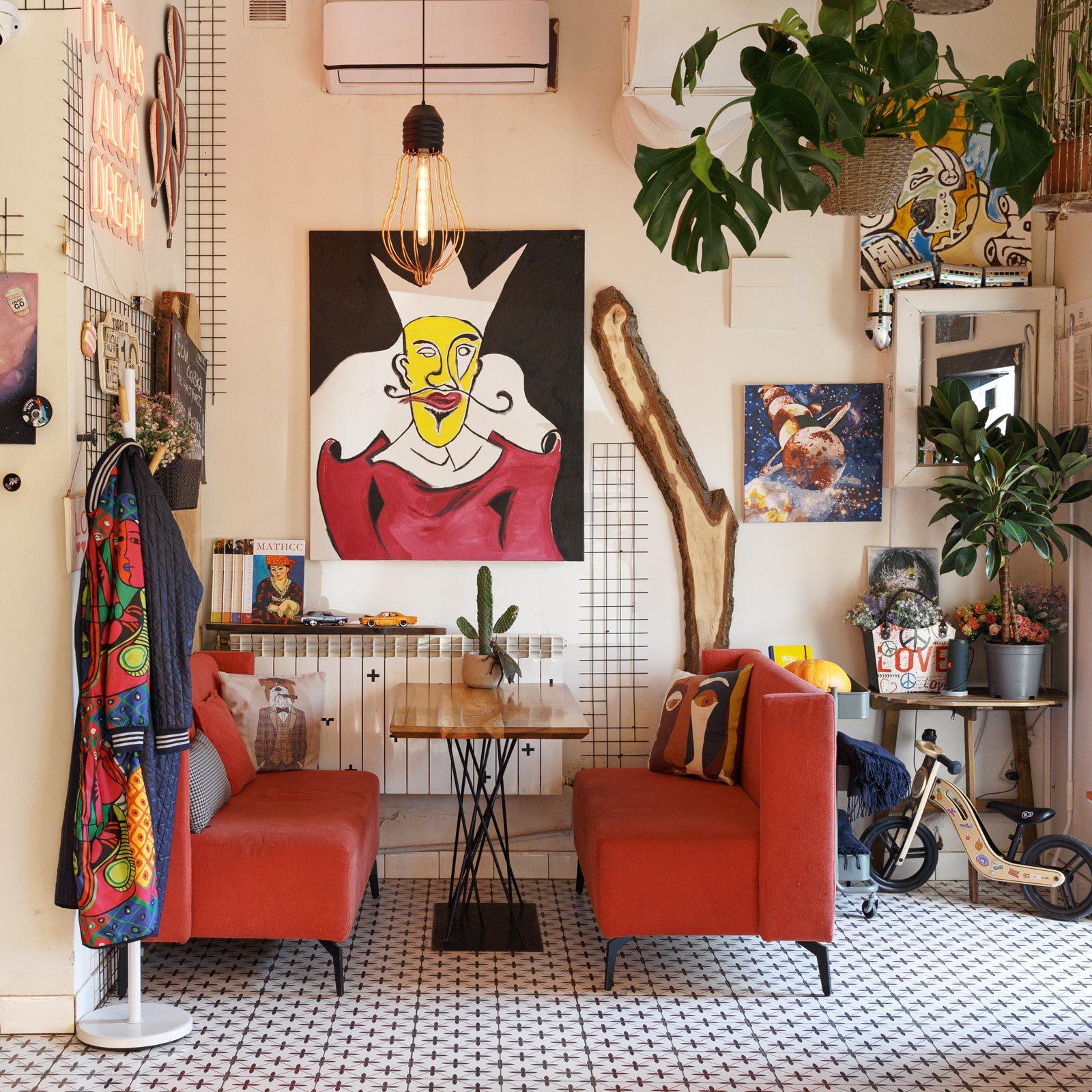
Embrace the charm of bygone eras by incorporating vintage pieces into your modern aesthetic. Consider mixing antique furniture with contemporary decor to create a stunning visual contrast. A mid-century modern armchair paired with a sleek, minimalist coffee table can become an eye-catching focal point in your living space. To add depth, incorporate artifacts such as old books, wrought iron accents, or vintage mirrors to enrich the narrative of your design. Enhance your decor dynamics by layering styles, like showcasing a rustic wooden dining table alongside contemporary dining chairs. Such juxtapositions tell a story and create a unique atmosphere that feels personal and inviting.
Another striking approach is to blend modern technology with vintage elements seamlessly. For instance, consider featuring a smart TV in a salvaged wooden entertainment unit that retains its original patina. This blend of styles gives a fresh perspective on practicality while maintaining classic aesthetics. You might also explore using modern art prints or sculptures against an exposed brick wall or in a room with retro wallpaper. Pair these elements to achieve harmony between the old and the new, ensuring every piece serves a purpose while sparking conversation. For more inspiration on this artistic approach, check out Adventure Design for innovative ideas that fuse styles seamlessly.
Keep clutter at bay for a serene interior design atmosphere
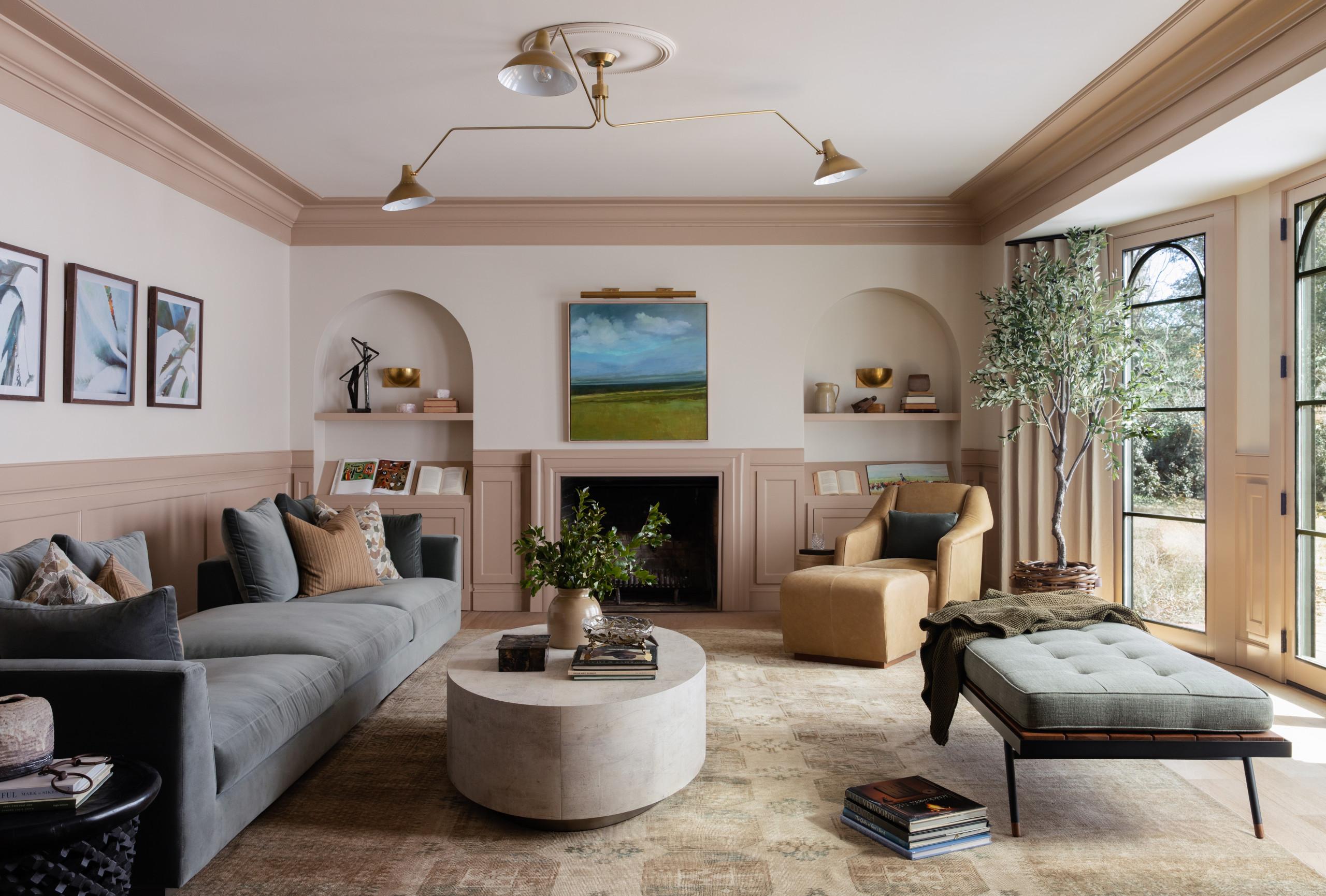
Creating a serene interior design atmosphere begins with maintaining a clutter-free space. Clutter not only diminishes the aesthetic appeal of your home but also affects your mood and overall sense of well-being. Consider implementing the one-in, one-out rule: for every new item you bring into your home, let go of an old one. This simple practice helps prevent accumulation and encourages thoughtful purchasing. Additionally, make use of storage solutions such as decorative baskets, under-bed storage, and multi-functional furniture like ottomans or coffee tables with hidden compartments. These not only keep items organized but can enhance the design of your space.
Another effective strategy is to establish designated zones for your belongings. Create specific areas for items such as keys, mail, and everyday belongings. This practice minimizes the chances of items ending up in random places throughout your home. Furthermore, consider scheduling regular decluttering sessions—even a quick five-minute tidy-up each day can make a significant difference. If you’re struggling to let go of items, a decluttering challenge could motivate you. Set a timer and see how quickly you can sort through a drawer or a shelf. For more tips on staying organized, check out Apartment Therapy.
Utilize vertical space for storage solutions in interior design
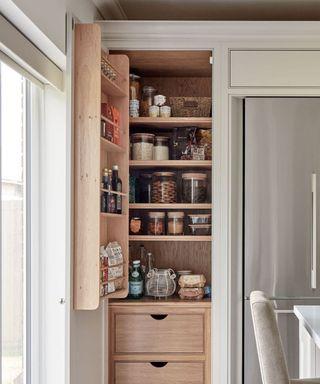
Maximizing vertical space can significantly enhance both functionality and aesthetics in your home. By integrating shelves, cabinets, and racks that extend upwards, you free up valuable floor area while adding character to your walls. Consider floating shelves for displaying your favorite books or decorative items, or go for tall bookcases that draw the eye upwards, creating the illusion of higher ceilings. Corner shelves can also be a clever solution, transforming underutilized areas into stylish storage spots. When you embrace verticality, you not only create a visually appealing footprint but also maintain an organized environment.
Another innovative way to utilize vertical space involves multi-functional furniture. Pieces like ottomans with storage, beds with built-in drawers, and tall dressers can streamline your space while keeping your essentials conveniently stowed away. For the ultimate in vertical efficiency, consider implementing a pegboard wall or grid organizers, which are perfect for kitchens or craft areas, allowing you to hang tools or utensils without sacrificing precious workspace. With so many options available, you’ll find the perfect combinations to transform your interiors while optimizing storage. For further inspiration, explore Apartment Therapy for stylish vertical solutions.
Focus on lighting to elevate your interior design dramatically
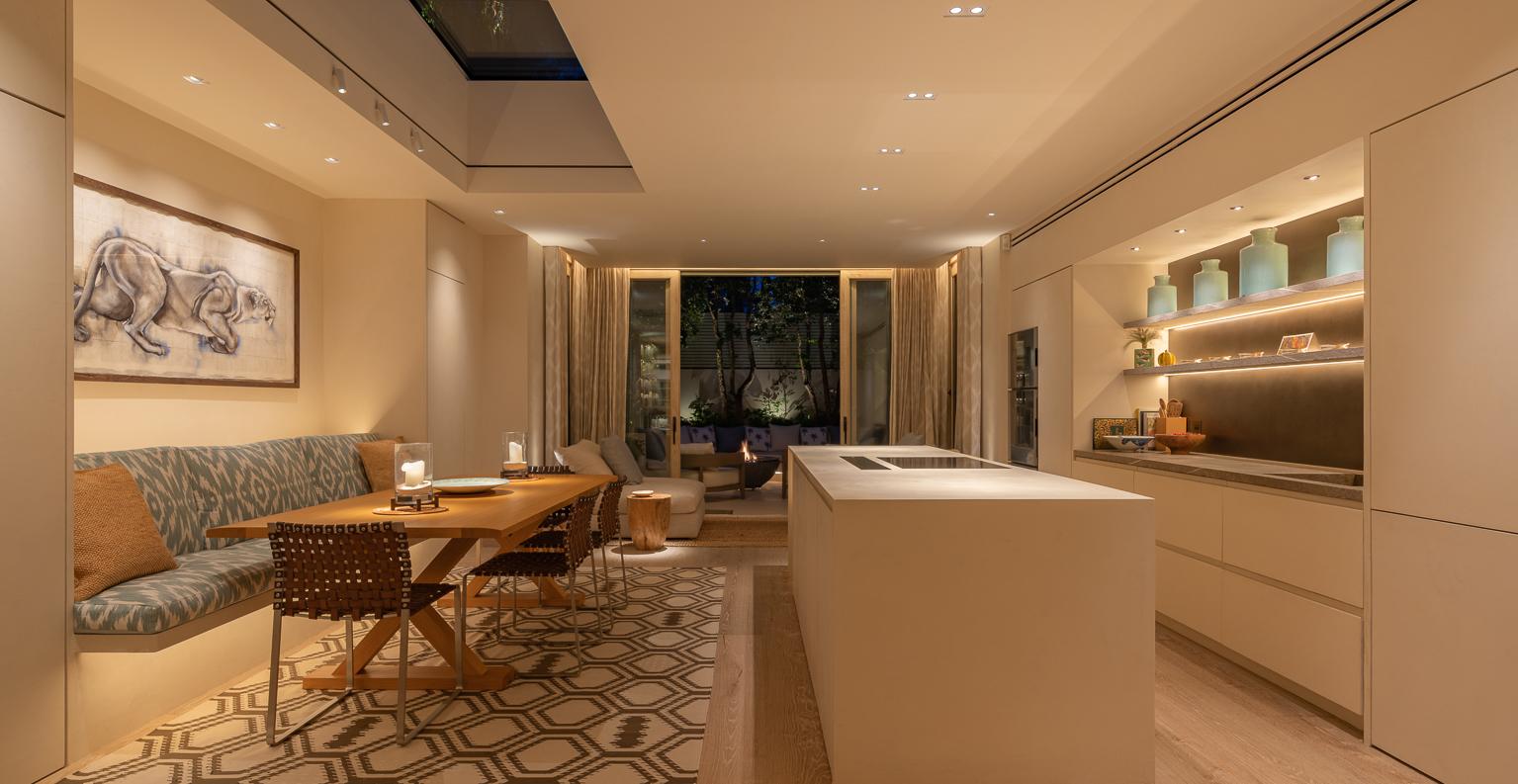
- Layered Lighting: Combine various types of lighting to create depth and dimension within your spaces. Consider ambient, task, and accent lighting to enrich the overall atmosphere.
- Statement Fixtures: Illuminate your rooms with eye-catching chandeliers or unique pendant lights that serve as artistic focal points, elevating your design aesthetic dramatically.
- Natural Light: Maximize the use of windows and skylights by opting for sheer curtains or reflective blinds that allow sunlight to filter in while maintaining privacy.
- Dimmer Switches: Install dimmer switches on your light fixtures, giving you control over brightness levels and allowing you to adjust the mood according to the time of day or occasion.
- Mood Lighting: Use colored LED bulbs or smart lighting systems that can be customized to create different vibes, from cozy and warm to bright and energizing.
Pay attention to the placement of your light sources. Consider the height and angle of your fixtures to ensure they effectively illuminate your space without causing glare or shadows. Highlight architectural features or artwork by strategically positioning wall sconces or spotlights to draw the eye and create visual interest. Additionally, think about using reflective surfaces like mirrors or glossy finishes to bounce light around the room, enhancing its brightness and making it feel larger.
A well-thought-out lighting scheme can completely transform a room. For example, using tall floor lamps to frame a seating area or wall-mounted fixtures along a hallway adds elegance and enhances functionality. To really get the most out of your lighting, explore design websites for inspiration or find the perfect pieces that resonate with your style at lampsplus.com. A little creativity and intentionality can lead to stunning results that take your interior design from ordinary to extraordinary.
Opt for multi-functional furniture in small interior design spaces
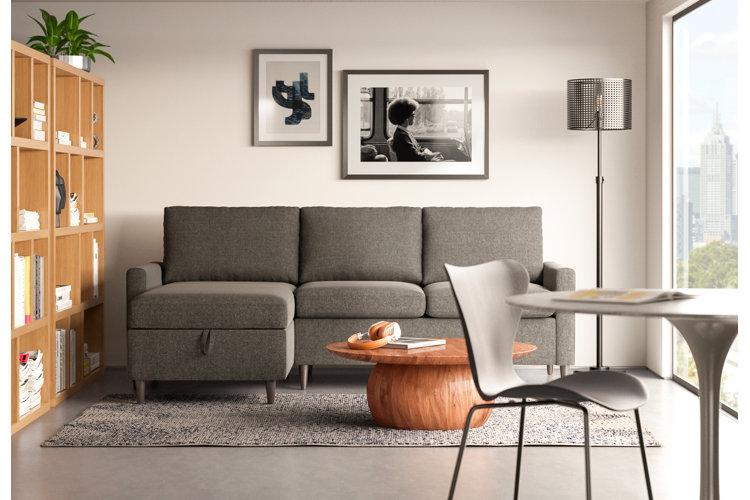
When dealing with limited space, embracing multi-functional furniture can transform a cramped area into a chic and practical living environment. Consider investing in pieces that serve multiple purposes without skimping on style. For instance, a sofa bed can act as both comfortable seating and a cozy sleeping spot for guests. A stylish ottoman can double as both a coffee table and storage space for blankets or magazines. By selecting furniture that blends aesthetics with functionality, you create a seamless flow in your interior design while maximizing the usable area.
Another thoughtful approach is to integrate wall-mounted solutions into your design. Floating shelves can offer display space for books and decorative items while keeping the floor open for movement. A foldable dining table is another excellent choice, allowing you to expand your dining area as needed without overwhelming your small kitchen. These pieces not only enhance the visual appeal of your space but also add a practical element that caters to your lifestyle. To explore more innovative space-saving ideas, check out sites like Apartment Therapy.
Create focal points to draw attention in your interior design
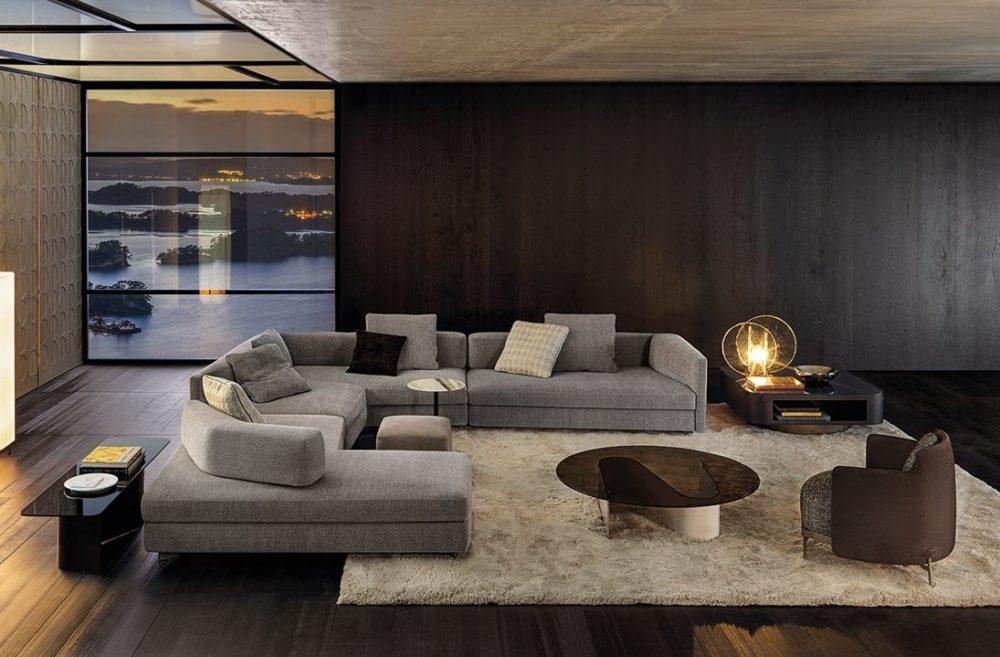
Incorporating focal points into your interior design can transform a space from ordinary to extraordinary. Think about bold artwork or a striking piece of furniture that instantly captures the eye. Consider placing a large, colorful painting on a neutral wall to create a dynamic contrast that pulls the viewer’s gaze. Another effective option is to choose a statement chandelier or pendant light that not only illuminates the room but also serves as a captivating centerpiece. Remember, the goal is to establish a visual hierarchy that guides one’s attention throughout the space.
In addition to decor, architectural features can serve as strong focal points. Large windows with stunning views or a cozy fireplace can anchor a room and draw the eye naturally. To enhance these elements, frame them with complementary furnishings or accessories that accentuate their beauty. Use an asymmetrical arrangement of seating to create a dynamic layout that emphasizes the focus areas without overwhelming the space. When thoughtfully curated, these elements elevate both the aesthetic and functional aspects of your home, making it a cohesive and inviting environment. For more inspiration on interior design focal points, check out apartmenttherapy.com.
Experiment with patterns to ignite personality in interior design
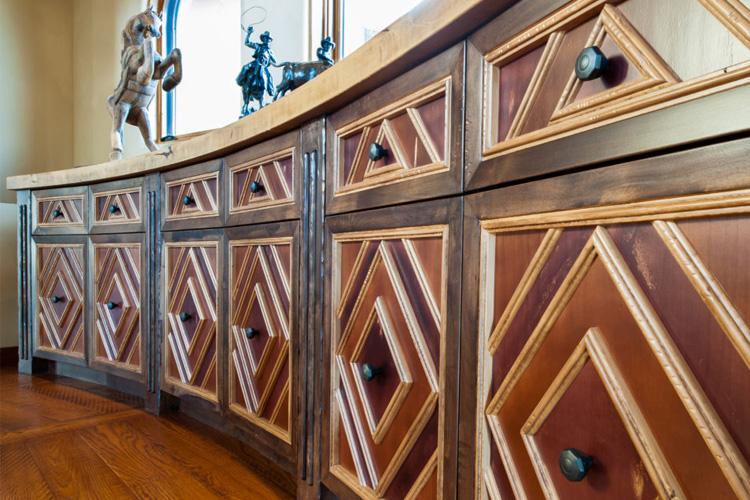
Transform your living space by combining different textures and visuals through a playful mix of patterns. Think beyond traditional stripes or florals; incorporate bold geometric shapes, eclectic prints, and organic motifs into your design scheme. The key is to create harmony amidst the chaos, ensuring that all patterns complement rather than clash. You can achieve this by sticking to a cohesive color palette that ties varying designs together. Consider using a neutral backdrop for larger areas, then layering in pops of vibrant prints through throw pillows, area rugs, or artwork.
Another great strategy is to experiment with scale; mixing small intricate patterns with larger, bolder designs can add depth and interest to the space. For instance, pairing a large checkerboard rug with abstract designs on cushions can introduce character without overwhelming your senses. Here’s a quick guide to balance the style:
| Pattern Type | Suggested Pairing |
|---|---|
| Floral | Stripes or Plaids |
| Animal Prints | Solid Colors or Geometric |
| Graphic Shapes | Textural Fabrics |
For additional inspiration, explore ideas on integrating patterns creatively at HouseBeautiful.com.
Maintain a consistent theme for harmony in your interior design
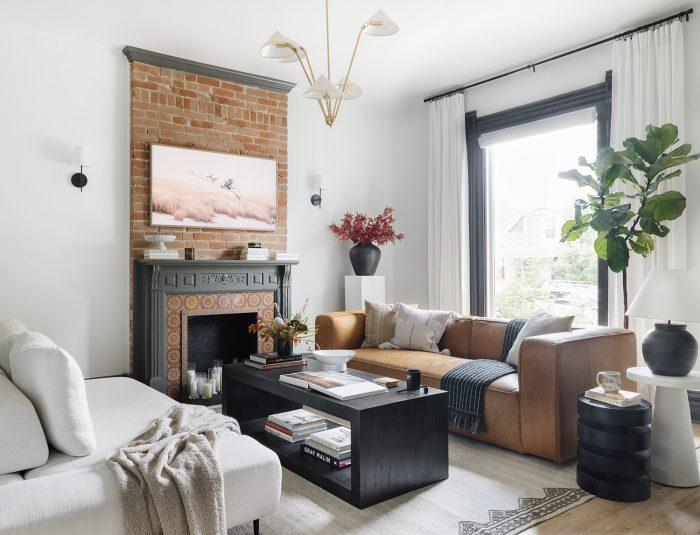
Creating a cohesive look throughout your home not only enhances aesthetic appeal but also creates a sense of comfort and belonging. To achieve this, begin by selecting a color palette that resonates with your personality and lifestyle. Soft neutrals, earthy tones, or even bold colors can be the foundation of your design. Make sure to use these colors consistently across different rooms to weave a harmonious thread throughout your space. Integrate these hues through furniture, artwork, textiles, and décor accents that reflect your chosen palette, allowing each room to speak to the next.
Beyond color, consider the styles and materials you employ to further establish continuity. For example, if you lean towards a scandinavian aesthetic with clean lines and minimal décor, ensure that other areas of your home align with this theme. Similarly, incorporating natural materials such as wood, stone, and linen can add depth and textural variety while maintaining a unified feel. To visualize your interior flow, creating a mood board can be a helpful tool. This aids in maintaining a balanced approach while designing each space. Explore more tips on maintaining a coherent theme at Architectural Digest.
Use art as a statement piece in your interior design
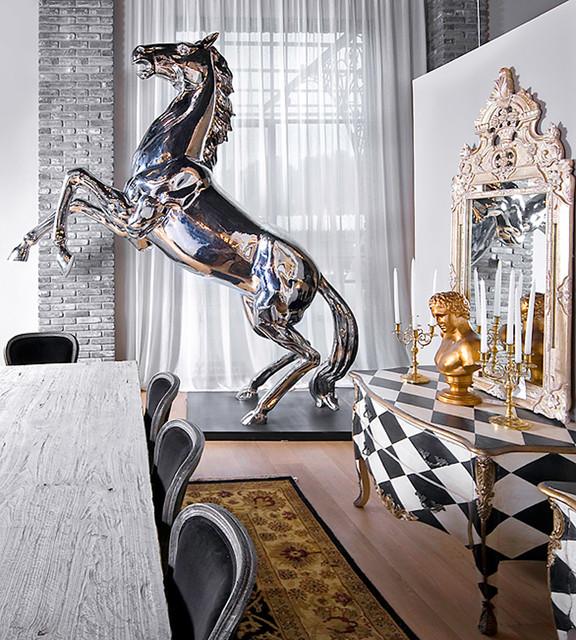
Incorporating art into your home is a transformative way to create a statement piece that can change the ambiance of any room. Whether it’s a striking painting, a beautiful sculpture, or a unique textile, art serves as a focal point that draws the eye and sparks conversation. Consider selecting pieces that reflect your personality or tell a story. When placing art, think about scale and proportion; oversized artworks can create dramatic statements, while smaller pieces can be grouped together to form a gallery wall that showcases a collection of memories, styles, or themes.
To enhance the impact of your artwork, pay attention to the surrounding elements within the space. Use lighting to highlight the artwork, utilizing spotlights or wall sconces to create drama and focus. Additionally, contrast is key—place bright artwork against dim or neutral walls or opt for darker frames to enhance lighter pieces. Consider incorporating a fusion of art styles, such as modern pieces paired with classic furniture, to create an eclectic yet harmonious blend. Explore options at artsy.net for inspiration and to find art that resonates with your personal taste.
| Art Type | Placement Tips |
|---|---|
| Paintings | Hang at eye level & consider spacing |
| Sculptures | Use tables or shelves to elevate |
| Textiles | Use as wall hangings or drapes |
Dont shy away from bold choices in your interior design
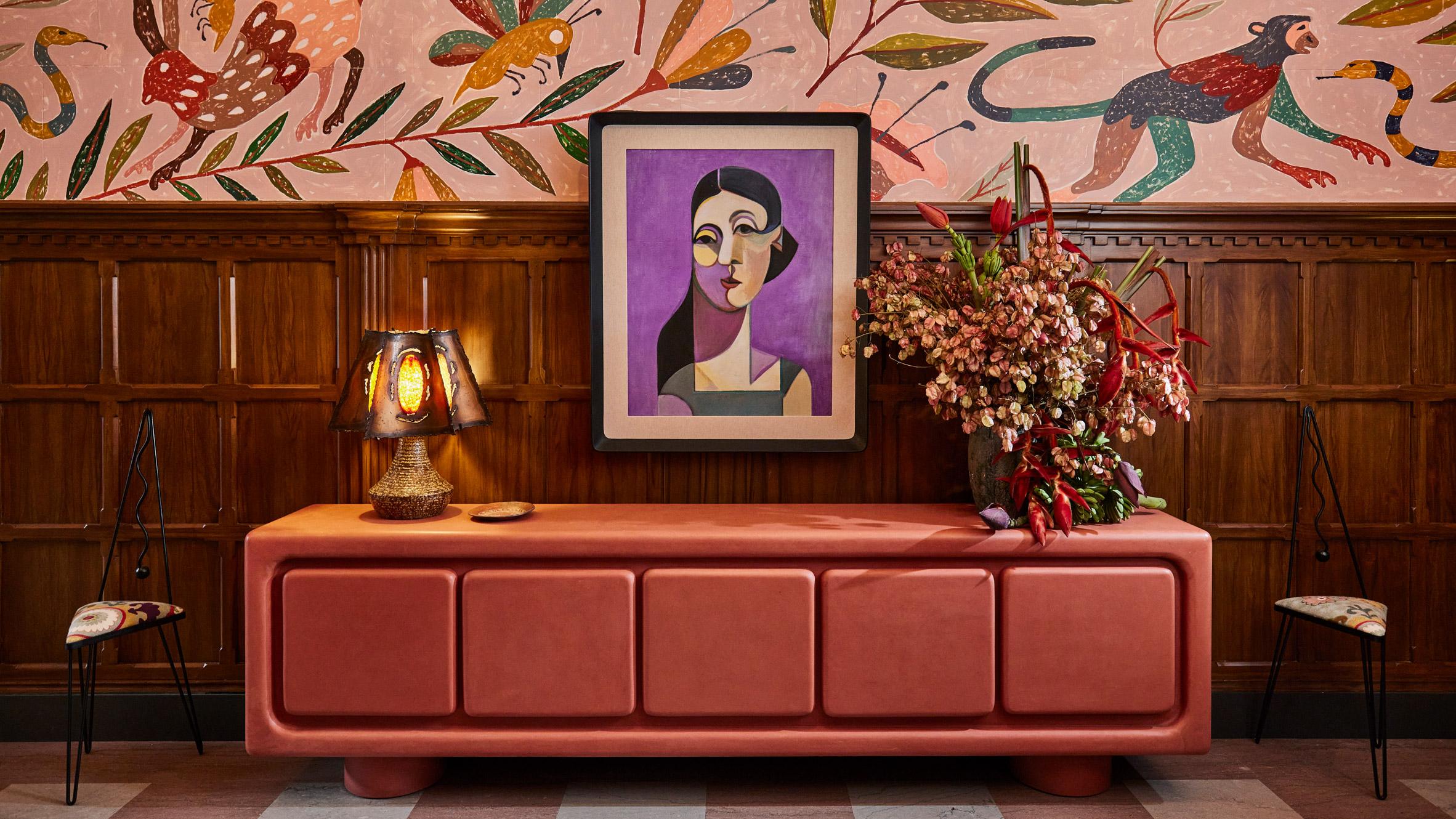
When it comes to interior design, stepping outside of traditional norms can lead to breathtaking spaces that reflect your unique personality. Embrace vibrant colors, eclectic patterns, and unexpected combinations. Don’t hesitate to utilize statement furniture such as a bold sofa or an oversized piece of artwork that draws attention and sparks conversation. Integrating these eye-catching elements can turn a mundane room into a visual feast. Moreover, consider layering textures—mixing wood, metal, and plush fabrics not only adds interest but also creates a warm, inviting atmosphere.
In addition, explore the versatility of wallpaper or bold painted accent walls to add depth and character to any room. Whether it’s a dramatic floral pattern or a deep jewel tone, these choices can invigorate your space and make it distinctly yours. Don’t shy away from employing unconventional decorative pieces, like a vintage chandelier or a colorful rug. Remember, the best designs often come from taking measured risks. For more inspiration and ideas, check out apartmenttherapy.com, where creativity meets practicality in everyday living.
Tailor your interior design to suit your lifestyle and needs
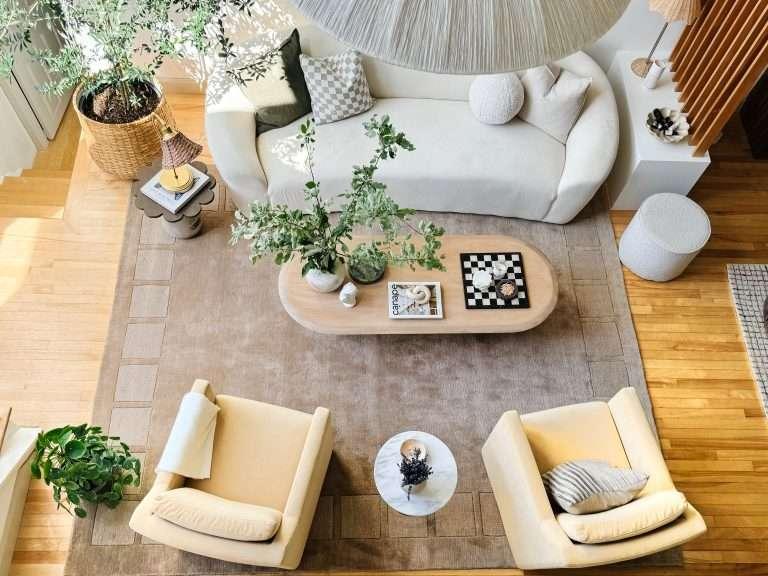
Understanding your daily routines and preferences is essential when designing your space. Start by assessing your lifestyle: are you a busy professional, a parent with children, or someone who entertains frequently? By identifying how you live in and use your home, you can make informed choices that create a harmonious and functional environment. Consider incorporating multi-functional furniture, like a sofa bed or an expandable dining table, to maximize utility without sacrificing style. Additionally, choosing materials that align with your lifestyle, such as stain-resistant fabrics or durable flooring, can help maintain the beauty of your home as life happens.
To further customize your interior, think about your hobbies and interests. Create dedicated spaces that reflect what you love, whether it’s a cozy reading nook with natural light for avid readers or a vibrant craft area filled with inspiring colors for crafters. Utilize color psychology to enhance your well-being; for example, soothing blues can promote calmness, while energizing yellows can uplift your mood. Don’t forget to integrate personal elements, such as artwork or decor that tells your story, to make your space truly yours. For more inspiration on personalizing your environment, check out Houzz.
Research trends but prioritize timeless elements in interior design
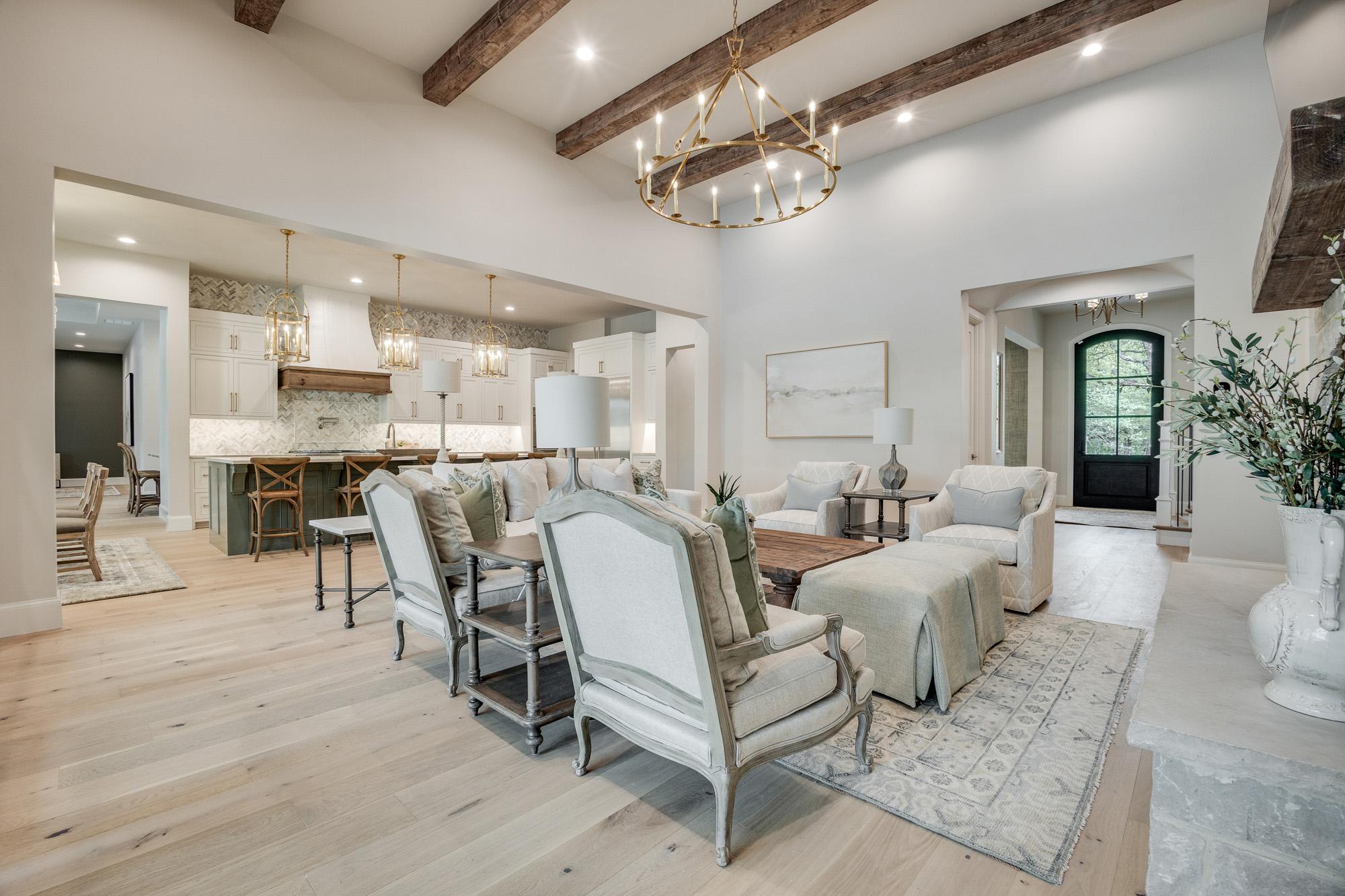
In the ever-evolving world of interior design, it’s essential to strike a balance between incorporating contemporary trends and embracing timeless elements that withstand the test of time. Trends can give a fresh perspective, but relying solely on them may lead to a space that feels dated in just a few years. Instead, consider a harmonious blend where classic styles are highlighted with seasonal accents. This approach allows you to refresh your décor without significant overhauls, ensuring your home remains both stylish and enduring.
Start by integrating enduring materials like wood, stone, and metals, which add a sense of permanence and sophistication to any room. Combine these with timeless color palettes—think soft neutrals paired with rich blues or deep greens—to create a backdrop that feels both contemporary and ageless. Additionally, investing in iconic furniture pieces—such as the Eames lounge chair or the Saarinen table—can provide that coveted designer flair while ensuring your space remains relevant for years to come. Remember to follow resources such as dwell.com to keep an eye on emerging trends without losing sight of the classic foundations of design.
Always prioritize comfort in your interior design decisions

When designing the interior of your home, comfort should always be front and center, influencing your choices every step of the way. Think of your space as an extension of your lifestyle—after all, you want it to reflect your personality while providing a cozy sanctuary. When selecting furniture, opt for pieces that combine aesthetics with functionality, such as plush sofas and ergonomic chairs. Surround yourself with soft fabrics and natural materials that invite relaxation, and remember, it’s perfectly okay to mix textures for an inviting, layered look.
Another essential element in creating a comfortable environment is the arrangement of furnishings. Ensure that pathways are clear and that social areas accommodate easy conversation. Incorporate ample soft lighting, like floor lamps or table lamps with dimmers, to set a warm ambiance in your space. Don’t shy away from personal touches, such as family photos or cherished mementos; they not only add a layer of comfort but also tell your unique story. By prioritizing comfort in every design decision, you can cultivate a home that is not only beautiful but also harmoniously livable. For more insights on creating a comforting space, check out House Beautiful.
In Conclusion
As you embark on your journey through the vibrant world of interior design, we hope these 24 essential tips have sparked inspiration and insight for crafting a space that resonates with your personal style and needs. Remember, your home is more than just a dwelling; it’s a canvas for your creativity and a sanctuary for your everyday life.
Design is a fluid process, so feel free to experiment, mix, and match these ideas to suit your vision. Whether you’re rejuvenating a single room or undertaking a full home makeover, every small change contributes to the bigger picture of comfort and aesthetics.
So, gather your tools, unleash your imagination, and transform your space into a reflection of who you are. Happy decorating!
 Garden and patio decoration inspiration
Garden and patio decoration inspiration
